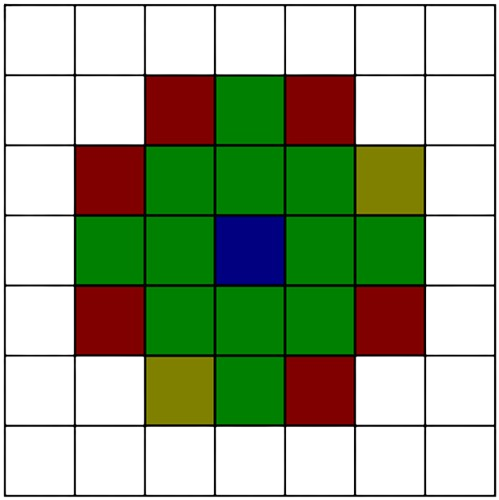ExSHalos#
This library implements ExSHalos and many other utilities for cosmological analysis:
Measurement of the power/bi/tri-spectra for any number of tracers in a box;
Population of halos with galaxies using a HOD and split of galaxies for the creation of multi-tracer catalogues;
Creation of density grid and catalogue of particles created by LPT;
Computation of shifted Lagrangian operators;
Computation of EFTofLSS, for multi-tracers, using CLASS-PT;
Computation of simple theoretical quantities (e.g. growth function, growth rate, mass function, …).
At this point, only a python library is exported, but all code is written in C.
This library follows the functional programing paradigm! There are no classes, random operators nor custom types.
Installation#
You can download the package with:
git clone https://github.com/Voivodic/ExSHalos.git
Once you have all depences, installing ExSHalos is as simple as:
cd ExSHalos/
pip install .
For more detailed installation instructions check installation
Quick start#
Using the python interface for ExSHalos is as simple as:
import numpy as np
import pyexshalos as exh
import pylab as pl
# Load a linear matter power spectrum
k, Pk = np.loadtxt("matter_power_spectrum.dat", unpack = True)
# Create the halo catalogue using exshalos
halos = exh.mock.Generate_Halos_Box_from_Pk(k, Pk, nd = 256, Lc = 4.0, Om0 = 0.31)
# Measure the power spectrum
grid = exh.simulation.Compute_Density_Grid(halos["posh"], nd = 256, L = 1024.0)
Ph = exh.simulation.Compute_Power_Spectrum(grid, L = 1024.0)
# Plot the power spectrum
pl.errorbar(Ph["k"], Ph["Pk"], yerr = Ph["Pk"]/np.sqrt(Ph["Nk"]), lw = 3)
pl.xscale("log")
pl.yscale("log")
pl.xlabel("k [$h/$Mpc]", fontsize=15)
pl.ylabel("P(k) [Mpc/$h/$]$^{3}$", fontsize=15)
pl.savefig("Ph_example.pdf")
